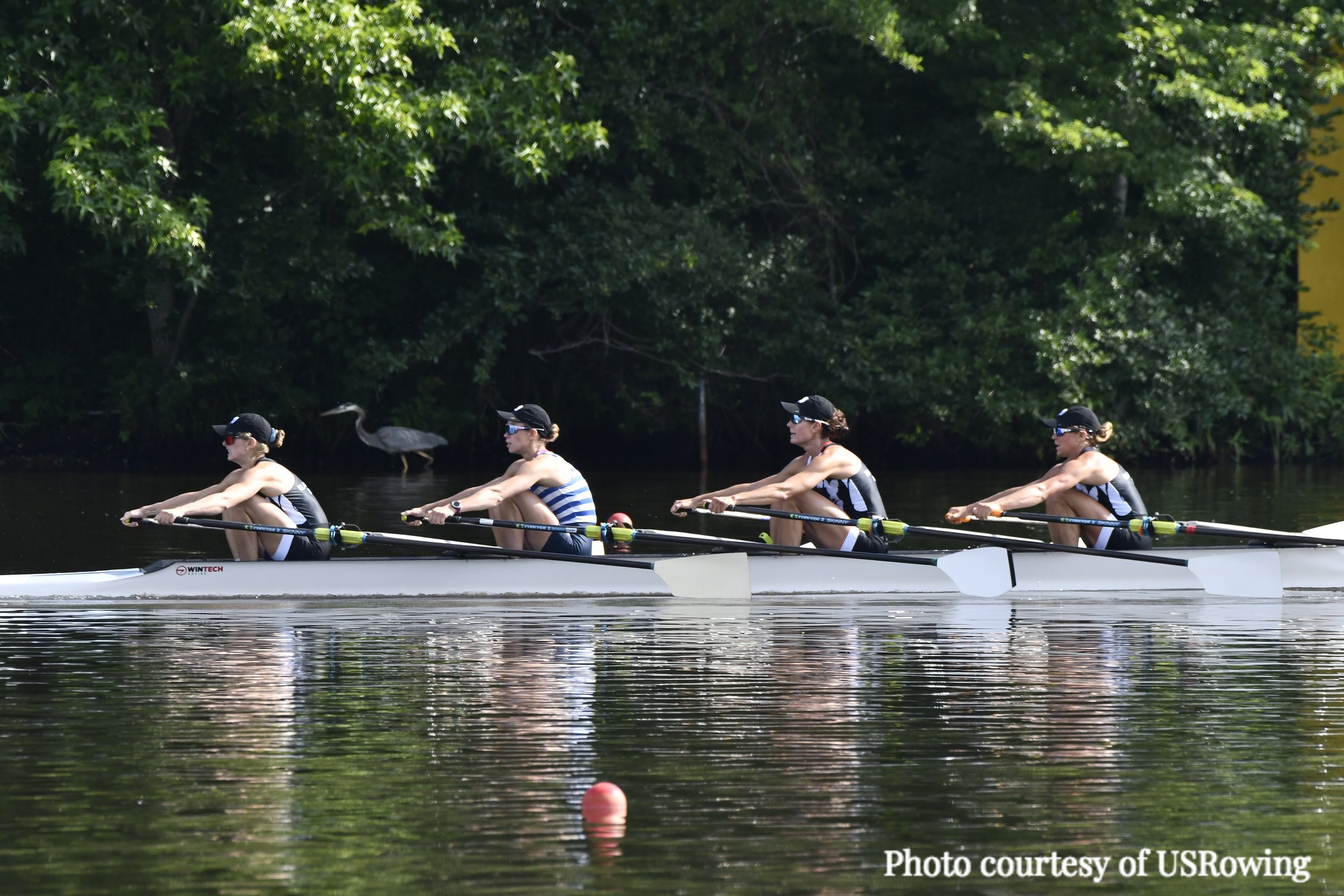Jim Hanley and his generation of leaders brought Riverside Boat Club back from the dead by developing coached programs that would attract year-round rowers looking to increase their level of accomplishment. While its 2000 women’s summer Lightweight Development Camp attracted women like Heather Moon, Julie Nichols and Sarah (Howlett) White, who would become full members, several elite lightweight women, including Marika Page, now trained at the club at an elite level year-round. Riverside won the women’s eight, double and quad events at Canadian Henley that year, while Marney Jaastad would go on to win a silver medal in the lightweight quad in the 2001 World Championship. Carol Stricki, who had rowed at Riverside in the mid-90s, competed in the double at the 2000 Olympic Games in Sydney, Australia.
The following decade brought Riverside women more success. They captured the women’s club eight title in the Head of the Charles multiple times as well as other events. Since this was prior to race organizers’ splitting out the collegiate eight event, Riverside women of varying ages, for the most part holding down full time jobs and some mothers of children, were beating club entries from top colleges. In 2002, Hanna Moore, Layne Salter, Maria Jones and Sarah White won the senior lightweight quad event at the Canadian Henley. Riverside women comprised nearly one third of the Head of the Charles championship double field that year. Under HPG coach Adrian Smith, Marika Page and Layne Salter won the event in 2004. Marika was the U.S. lightweight single sculler at the World Championships in Japan the following year.
By then, however, the club’s growth, the integration of its programs and the control of its costs were generating management challenges, even as turnover on the board brought in new, younger members. Factionalism compounded the situation, undermining the shared sense of commitment to the club that had been the basis for its revival. The Lightweight Development Camp program, the energetic open and masters women, the less cohesive open and masters men, and the scullers, among whom were members who had led the club’s revival in the 80s and 90s, competed for status and equipment. Captains Cheri Ruane and Shanon Ames struggled to obtain rowers’ cooperation. Year-round members chaffed at what they saw as the entitled, disengaged attitude of camp participants who commandeered club equipment. Some of the women who had been its highest achievers during the 80s and 90s found the club no longer suited them and left for elsewhere.
After hiring Kevin McDonnell to become Riverside coaching director and undertaking an evaluation of each of its programs, in 2002 the club scaled back its summer camps and introduced the High Performance Group, a year-round program Kevin devised with the input of former camp members now sitting on the board. Designed to attract competitive women and men with coaching and intense training focused on the development of small boat skills, with an emphasis on single sculling, the program resolved many of the issues of competition among the club’s programs and transformed its athletes into full members who participated in its affairs.
It also produced results. Its women were particularly successful. The program attracting athletes who progressed to the U. S. national team such as Wendy Campanella, Liane (Malcos) Keister, Cindy Bishop, Marika Page, Heather Moon, Hillary Seager, Stef Sydlik, and Hanna Moore. Many were medalists, including Wendy in the lightweight quad at the 2002 World Championships. Cindy, who had learned to row at Riverside just four years earlier, won a bronze in the 2003 Pan American Games singles event, then won the 2004 Princess Grace Challenge Cup at the Henley Royal Regatta and beat the reigning Olympic and World Champions to win the Head of the Charles singles title.
Liane and Bryna McConarty, who won the double, four and eight at the 2002 Canadian Henley, were selected as The Independent Rowing News’ Club Crew of the Year. Liane went on to win a gold medal in the straight four in the 2003 and 2004 World Championships, was the sweep alternate in the 2004 Athens and the 2008 Beijing Olympics, and made additional world championship appearances from 2005 through 2007. The experience she brought back to the HPG women has been a major factor in their subsequent U.S. National Team success.
In 2003, Riverside’s twenty-eight women entries returned from the National Championships with eight titles and twenty medals, won the women’s point trophy at club nationals and its women’s club eight won at the Head of the Charles. The women’s sweep team accepted collegiate summer rowers in 2004, an innovation that introduced potential future members to the club, and won gold medals in the eight in both the 2004 and 2005 Canadian Henley regattas. Radcliffe undergraduate and future Olympic Gold medalist Esther Lofgren rowed in the 2005 eight.
In 2006, HPG athlete Miranda (Paris) Holder, diagnosed with a heart issue, transitioned to an HPG coaching during the summers and to assisting Northeastern coach Joe Wilhelm during the year. In 2011 she became head coach at Georgetown. The lightweight women’s eight completed a Head of the Charles three-peat and Heather Moon dominated the Head of the Charles lightweight single event in 2007 and ‘08.
Meanwhile, the club needed members with organizational and budgeting backgrounds to step forward to take on the challenge of administering a club that had grown in size, operational complexity and cost. Fortunately, the participation of women like Kate Sullivan, Caro-Gray Bosca, Sarah White and Mary O’Neill had prepared them to become committee chairs and club officers. After serving as the club’s second female captain, Patricia Belden was elected its second woman president in 2003. She strengthened the committee system by defining roles for board members as liaisons with committee heads, who in turn received budget allocations and were delegated responsibilities for club operations. Patricia and Rob White established the expectation that decision making in areas such as boat turn-over would rely on the analysis of real data on costs and benefits and that decisions would be based on open and fair discussion. Sarah White, in her capacity as secretary in 2003 and vice president in 2004/5, re-established the Membership Committee and charged it with vetting provisional members, which facilitated membership voting at quarterly rather than monthly meetings. In addition to maturing the club’s governance and management, Patricia and Sarah strove to create an atmosphere that was more inviting to a full range of ages and began to reach out to club alumni. In 2006, when Rob formed the President’s Committee to develop and oversee the implementation of a cohesive long-term strategic plan for the club, the board selected Patricia and Lynn Osborn together with Chris Daley to be its first members. In 2008, Helen Fremont became the club’s third woman president. Drawing on her legal training, Helen helped establish policies in areas such as coaching responsibilities and privileges and trailer driver requirements, as well as overseeing the inception of the club’s Junior Summer Sculling Program.
As the new decade arrived, Nik Kurmakov continued to produce successful women’s sweep boats. Sculler Tina Vandersteel, one of a group of Riverside working women, mothers, highly competitive athletes and good friends who go back fifteen years that includes Sarah White, Ashley Lanfer, Alex Bailey, Bryna McConarty and Kate Ackerman, won the Head of the Charles masters’ single titles in 2010, 2012 and 2013. Priscilla Hoffnung has six first place medals, two of them in the sixty plus and three in the seventy plus. On the international scene, Megan Musnicki and Esther Lofgren rowed in the perennially undefeated women’s eight in 2010, 2011 and at the London Summer Olympics in 2012. Natalie Dell, after training for three years at Riverside, won a silver medal in the women's quadruple sculls at the 2011 World Rowing Championships and a bronze medal at the 2012 Olympics. Emily Huelskamp was bow in the winning 2013 four and won the pair at the 2015 Pan American games in Toronto. Hillary Saeger, who had medaled in the light quad in the 2009 World Rowing Championships, did so again in 2011 and 2013. Lauren Schmetterling, whom national team coach Tom Terhaar sent to Riverside to refine her rowing, joined Meghan in the world champion women’s eight in 2013, ‘14 and ’15. Altogether, Lauren has won seven international gold medals and was USRowing’s 2015 fans’ choice national team athlete of the year.
Today, half of Riverside’s 400-plus members and six of its eight elected officers—its vice president, treasurer, secretary, two trustees and captain—are women. Lynn Osborn is chair of its development committee. A member of Lynn’s team, Severine Imbert de Smirnoff, professionalized fund raising, revived the club’s annual fall gala and established giving as an expectation of membership. After dedicated efforts in caring for the boathouse and grounds as chairperson of the Building and Grounds committee from 2007 to 2015, Captain Caro-Gray Bosca occupies the critical point of intersection between the club’s fleet and its members. Judith Vogel, who with Tom Keister is the club’s High Performance Group coach, has just been appointed Riverside’s first fulltime Program Manager. Under their leadership, the HPG rowers have become some of the club’s most significant volunteer contributors, from coaching juniors to developing its communication facilities, of which this article is a product. Kate Ackerman, a 1997 and ‘98 U.S, international and a doctor with a sports medicine practice, brings a focus on injury prevention to the group and treats many of them when injury does occur.
With leadership like this, Riverside continues to provide the coaching, facilities and equipment that enable its women and men to meet their rowing goals, whether recreational, competing for the club around the country, or at the sport’s highest levels. With women providing around half of the club’s top finishes in the 2015 Head of the Charles, Riverside once again won the regatta’s points trophy, while its lightweight women’s quad, made up of Erin Roberts, Hillary Saeger, Mary Foster, & Lauren Ayers, represented the United States in the 2015 World Championships.
Looking back over the history of women at Riverside Boat Club, it is clear that they have provided not only a major share of its success on the water and many of its leaders but much of the dedication and commitment that has brought the club to where it is today. In a sport whose clubs have tended to be dominated by heavyweight men, their prominence gives the Riverside story a special dimension.
This is the final post of a three-part series. You can previous posts, which discuss the impact of women on Riverside's history from 1970-1985. and 1985-2000.
By: Dick Garver
Significant contributions were made to this article by Igor Belakovskiy, Patricia Belden, Doug Clark, Maura Conron, Helen Fremont, Molly Haskell, Molly Hamrick, Sally (Harvey) Johnston, Tom Keister, Lisa Kunze, Nik Kurmakov, Maria Lane, Kevin McDonnell, Lynn Osborn, Marika Page, and Sarah White.
Dick Garver welcomes feedback. He can be reached at richardgarver[at]gmail[dot]com






